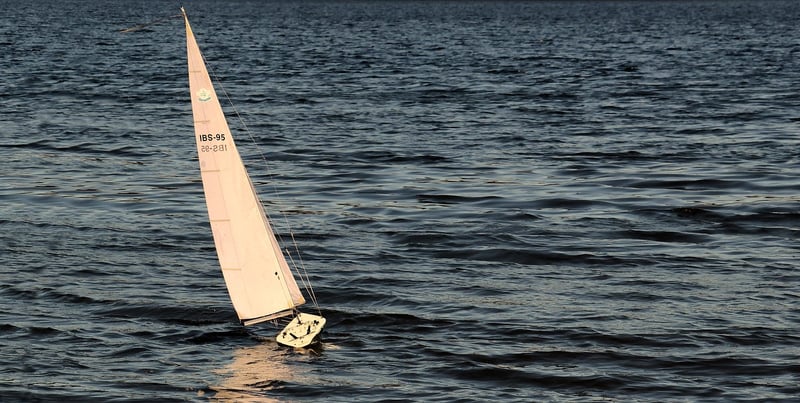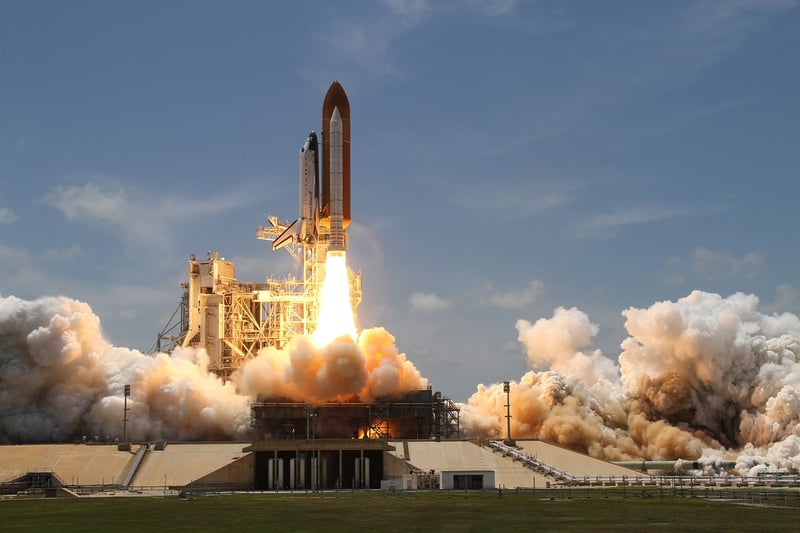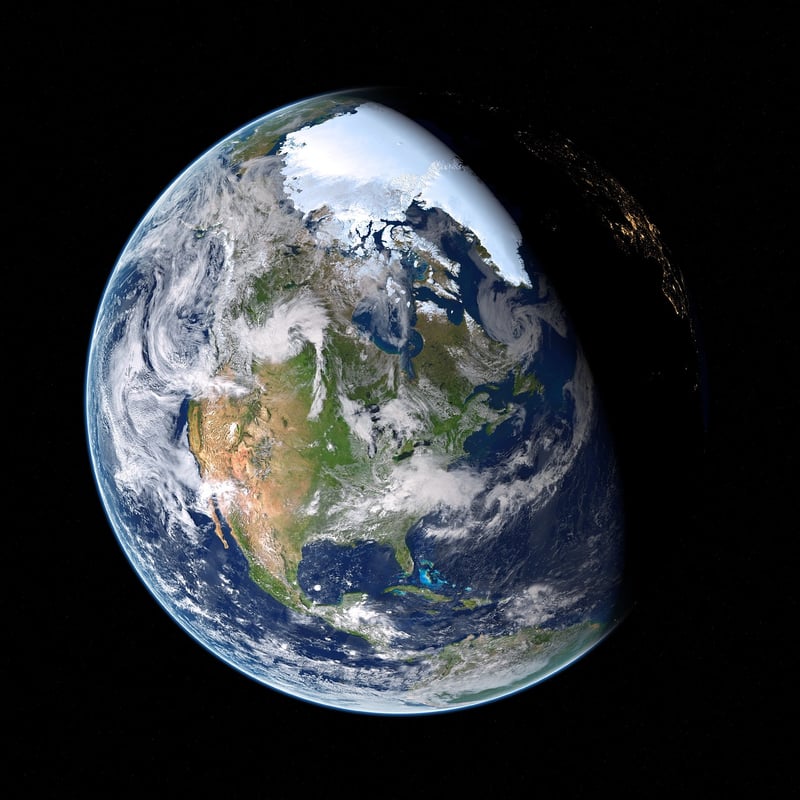Future Exploration
The Evolution of Exploration Through Different Eras and Future Prospects
Ancient Exploration
Ancient civilizations such as the Egyptians, Phoenicians, and Greeks engaged in exploration for trade, conquest, and knowledge. They used primitive vessels and navigational techniques to traverse the seas and expand their empires.

Age of Discovery
The Age of Discovery in the 15th to 17th centuries saw European explorers like Columbus, Magellan, and Vasco da Gama seeking new trade routes, lands, and cultures. This era led to the globalization of the world.

Modern Exploration
In the modern era, exploration expanded beyond Earth with space exploration. The Apollo missions, Mars rovers, and the International Space Station showcase humanity's quest to understand the universe.

Future Exploration
The future of exploration holds exciting possibilities with advancements in technology. From deep-sea exploration to Mars colonization and beyond, humans are poised to reach new frontiers.

Key Takeaways:
- Ancient civilizations explored for trade and conquest.
- The Age of Discovery led to globalization.
- Modern exploration includes space missions.
- Future exploration may involve deep-sea and interplanetary missions.
Exploration has been a driving force in human history, shaping cultures, economies, and knowledge. As we look to the future, the spirit of exploration continues to inspire us to push boundaries and seek answers to the unknown.
